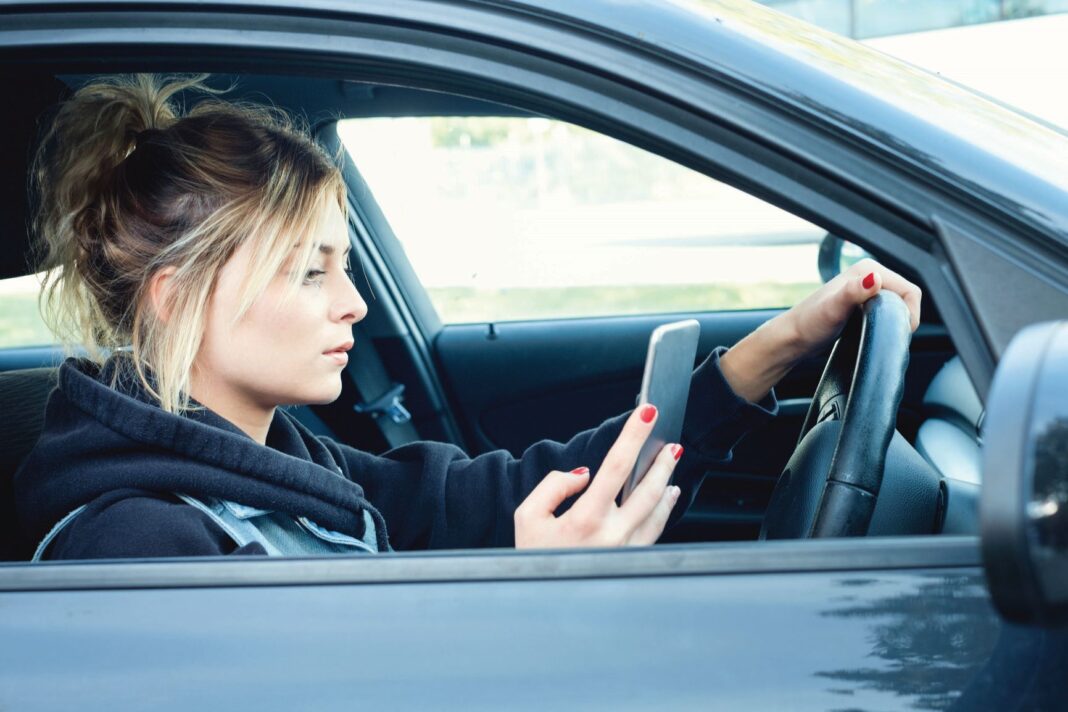A total mobile device ban for L (learner) and P (provisional) drivers will begin on Monday 1 July, as the first of a range of changes based on best practice and designed to reduce injuries and deaths on ACT roads.
These new laws mean learners and provisional drivers also won’t be allowed to use Bluetooth hands-free or speaker mode to interact with their phones while driving.
ACT Minister for Road Safety Shane Rattenbury said the new legislation is part of a multifaceted approach toward reducing risk for new and young drivers.
“The clear evidence shows using some of these technologies is distracting, and for our most inexperienced drivers, we need them to be fully focused,” Minister Rattenbury said.
The penalties for mobile phone use will be $589 and four demerit points for messaging, social media use, accessing applications and internet; and $480 and three demerit points for talking, hands-free and speaker mode.
“The default position is that the police can issue a fine … If someone has made a genuine mistake, then police at times don’t necessarily fine them … if people are flagrantly breaking the rules, a penalty will be the consequence,” he said.
Minister Rattenbury said having conversations and using technologies use up part of your “cognitive brain” that should be focused on driving.
“We’re trying to deal with people’s cognitive brains, and the fact that being on the phone does use up some of that bandwidth.
“More experienced drivers have a greater ability to perceive hazards on the road and, therefore, the need to limit the distractions is not as strong in experienced drivers.
GPS-enabled devices can still be used, provided the device is not held by the driver and is programmed before the trip starts so that it requires no interaction during travel. A similar exemption exists for programming audio through devices, such as music and podcasts.
These new laws will bring the ACT into alignment with NSW and Victoria on the matter.
Minister Rattenbury also announced that from 1 January 2020 there will be changes to the graduated licensing scheme.
“For a long time now, the ACT has been well behind the standardised systems, and certainly other jurisdictions when it comes to getting your L and P plates.
“We’re putting in place some new changes with minimum requirements for supervised driving hours, peer-passenger restrictions, hazard perception testing and other measures,” he said.
More stories:



